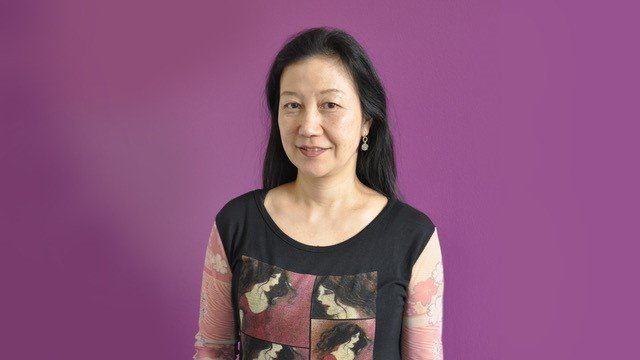UNESCO seizes an opportunity for change in education

The pandemic has given us all an opportunity to think about more than one paradox in education. It has exposed the fragility of our education systems but demonstrated their capacity to adapt almost overnight to ensure learning continuity. It has been heavily reliant on technology for remote learning but highlighted the paramount role of teachers in supporting their students academically and emotionally. Above all, it has shown the extent of our interdependence, the impact of inequalities, and the value that education holds for individuals and society.
If we are to build back more resilience, education has to transform, with inclusion and sustainability as primary concerns. Education for Sustainable Development is already at the heart of ASPnet’s activities based on Sustainable Development Goal 4, and, in particular, Target 4.7 which aims to ‘ensure all learners acquire knowledge and skills needed to promote sustainable development, including among others through education for sustainable development and sustainable lifestyles, human rights, gender equality, promotion of a culture of peace and non-violence, global citizenship, and appreciation of cultural diversity and of culture’s contribution to sustainable development’. Each word here carries weight. Our work is to bring those words to life and action in all of our activities, communication and collaboration with our network of teachers, students and partners. And what is their meaning in the current context of the global pandemic the world has faced for the past 9 months that has affected 1.5 billion students in 190 countries? What role does education play in recovering from this crisis and how must it transform to meet everyone’s learning needs?
After drawing global attention to school closures and their impact, UNESCO launched the Global Education Coalition in March, a platform for collaboration and exchange to support learning continuity, bringing together more than 150 partners from the UN family, civil society, academia and the private sector. Within this context, ASPnet has adapted its activities along the main axes of Global Citizenship Education, Education for Sustainable Development and Intercultural Learning, developing new ways to strengthen communication and collaboration among all our members. A global webinar in May provided the opportunity for over 600 teachers, students and parents of ASPnet from over 80 countries to share their experiences of learning and living in confinement. Anne-Fleur Lurvink, an English teacher in the Netherlands, summed up the chance for change offered by the pandemic: “I believe this [crisis] is an opportunity to think big, to be brave and to really make some bold decisions, when it comes to how we organize our education and learning’
We also launched “the Change Initiative” that brings together teacher training Institutions aiming to effectively support teacher educators and teachers, through a series of online activities. What is clear is that there can be no back to normal in education. Many governments are planning the future along more hybrid and blended lines. The foremost challenge is to get all children back into school, prioritize the most marginalized, address learning losses and harness technology as a force for inclusion. Across all these dimensions, teachers must be consulted, supported with professional development opportunities and their health and well-being ensured.
Fundamentally, the new normal in education must contribute to the emergence of a more equitable and sustainable growth model. Our education systems must help children and youth to become catalysts for positive change. They must be trusted and heard. Now is the time to embed socio-emotional skills in the curriculum, together with critical skills to assess information, combat intolerance develop a shared responsibility for our common humanity and planet – in short education that wires learners to champion peace. Capitalizing on innovations and lessons learned over the past months, the time is ripe to reimagine education so that it becomes everyone’s right and leaves no one behind.




